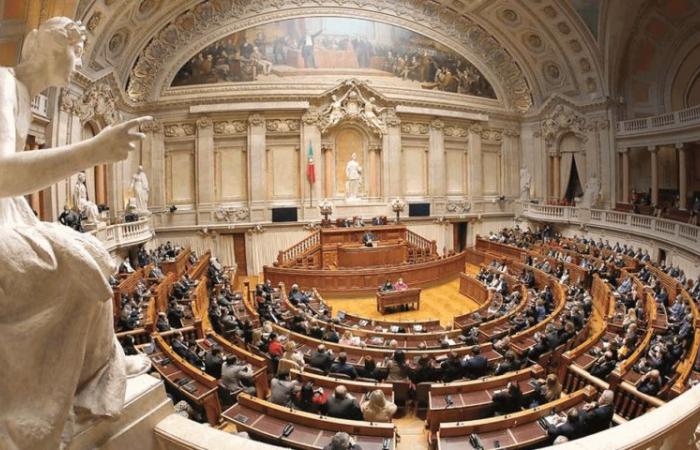But a study by the Faculty of Economics of the University of Porto and the University of Saint Gallen reveals that, as it celebrates 50 years of democracy, the country faces challenges in the most diverse areas, including health, investment, productivity and housing.
The Faculty of Economics of the University of Porto (FEP) and the University of Saint Gallen (Switzerland), in collaboration with an international network of partners and academic institutions, have just launched the fifth edition of the Elite Quality Index (EQx2024). “This is the main international ranking of political economy, which measures how the elite wealth generation model is more or less extractive in terms of power (political and economic) and its potential for translation into value (political and economic ), penalizing or favoring, respectively, the progress of their country”, says the academy.
The fifth edition of the study analyzed 151 countries and 146 indicators. “It was possible to verify that the overall quality index of the Portuguese elite showed a significant improvement in 2024 (1.4 points compared to the previous year, to 58.4 points) and an increase of five places in the ranking, but that only translates into a recovery from the drop recorded in the previous year, placing Portugal back in 25th place”.
Portugal’s rise in EQx2024 “is mainly due to the Power sub-index, in which the country rose to 14th position, largely reflecting the rise of two indicators of the disruptive innovation pillar with strong weight”, namely capital financing of risk and the evolution of the number of billionaires. These are “indicators that can vary a lot in a relatively small economy like Portugal, with just a few billionaires and a small risk capital market”, explains the director of the FEP, Óscar Afonso, cited in a statement.
On the other hand, the Value sub-index performed worse compared to the previous year, as a result of a fall in Economic Value, the area of the index that has the greatest weight. “Indicators related to production and work showed a worrying trend, showing a deterioration in several indicators, such as those relating to health costs, foreign direct investment and productivity”, adds Óscar Afonso, author of the study at national level , together with Professor Cláudia Ribeiro and the Coordinator of the Office of Economic, Business and Public Policy Studies (G3E2P) at FEP, Nuno Torres.
Regarding the new indicators included in this edition, the rankings are below the national average (25th place): Portugal occupies 55th place in the Housing Affordability Index, 41st place in Railway Network Density and 27th place in the Global Index of Artificial Intelligence. “While Portugal made progress in mitigating the extractive potential of the elites, measured by the Power sub-index, this did not prevent a deterioration in terms of value generated in 2024, originating in economic value. Going further back, comparing with the first edition of the index (relating to the year 2020, in which most indicators were reported to 2019), it appears that the Power sub-index is above the pre-pandemic level, but the Power sub-index is Value has not yet reached this level. This implies that the potential reduction in extraction by elites compared to what occurred before the pandemic has not yet translated into effective progress, for the benefit of society, in terms of value generated by elite business models”, concludes the Director of FEP, Óscar Afonso.
In international terms, Singapore reached first place in the ranking, returning to the top, after being overtaken by Switzerland last year. Despite the political and economic differences between these two countries, both stand out for the sustainable creation of value, through the business models of their respective elites. The Netherlands, Japan and New Zealand complete the top five in the ranking.
The United Kingdom was outside the top ten this year, occupying 11th position, and since Brexit it has lost ground in global rankings and failed to attract foreign investment.
EQx2024 reflects inflation, challenges to global trade and cooperation, and war in Europe and the Middle East. It paints a picture of global sustainable value creation and future growth prospects.






